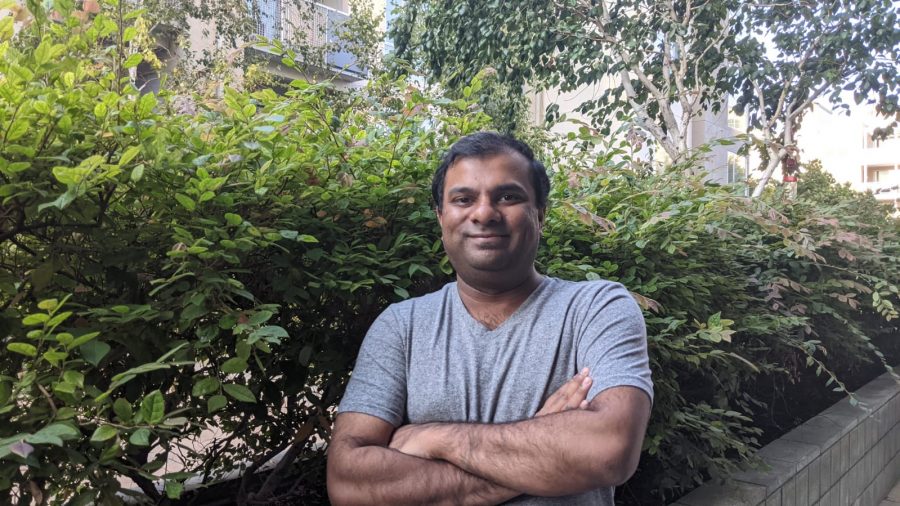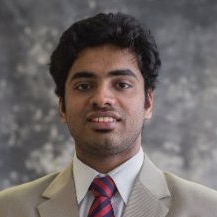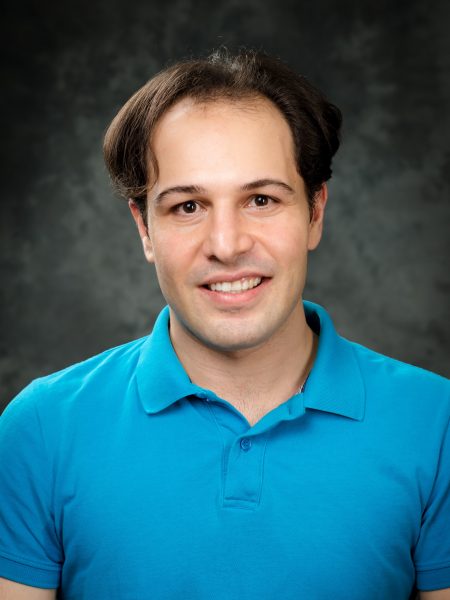
“I’ve always been passionate about renewable energy and its potential to transform our world, particularly in challenging environments like snowy northern climates. My journey at Michigan Tech began with earning my Master’s degree in 2019, followed by starting my PhD in Mechanical Engineering in Fall 2021. My doctoral research focuses on optimizing single-axis solar trackers to enhance solar energy efficiency and resilience against snow accumulation. Specifically, my work involves developing innovative methods to accurately estimate and mitigate snow-induced energy losses, which is critical for improving the reliability and efficiency of solar power installations in northern latitudes. My dissertation research has led to an application for a patent focused on a smart control algorithm designed for snow mitigation, which holds significant potential benefits for the solar energy industry.
Throughout my time at Michigan Tech, I’ve been fortunate to engage in practical projects, including hybrid microgrids and life-cycle assessments. Representing Michigan Tech at international forums such as the United Nations COP for three consecutive years has provided me with a global perspective and reinforced my commitment to sustainable energy solutions. Additionally, obtaining a graduate certification in sustainability and resilience has significantly shaped my approach to addressing engineering challenges.
I’m deeply thankful to my advisor, Dr. Ana Dyreson, for her invaluable mentorship and continuous support. I also extend my gratitude to the Graduate School, the Mechanical Engineering Department, and the Dean’s Advisory Panel for awarding me the Finishing Fellowship, which has allowed me the dedicated time to complete my dissertation. Michigan Tech’s supportive and collaborative environment has greatly contributed to my personal and professional growth.”





